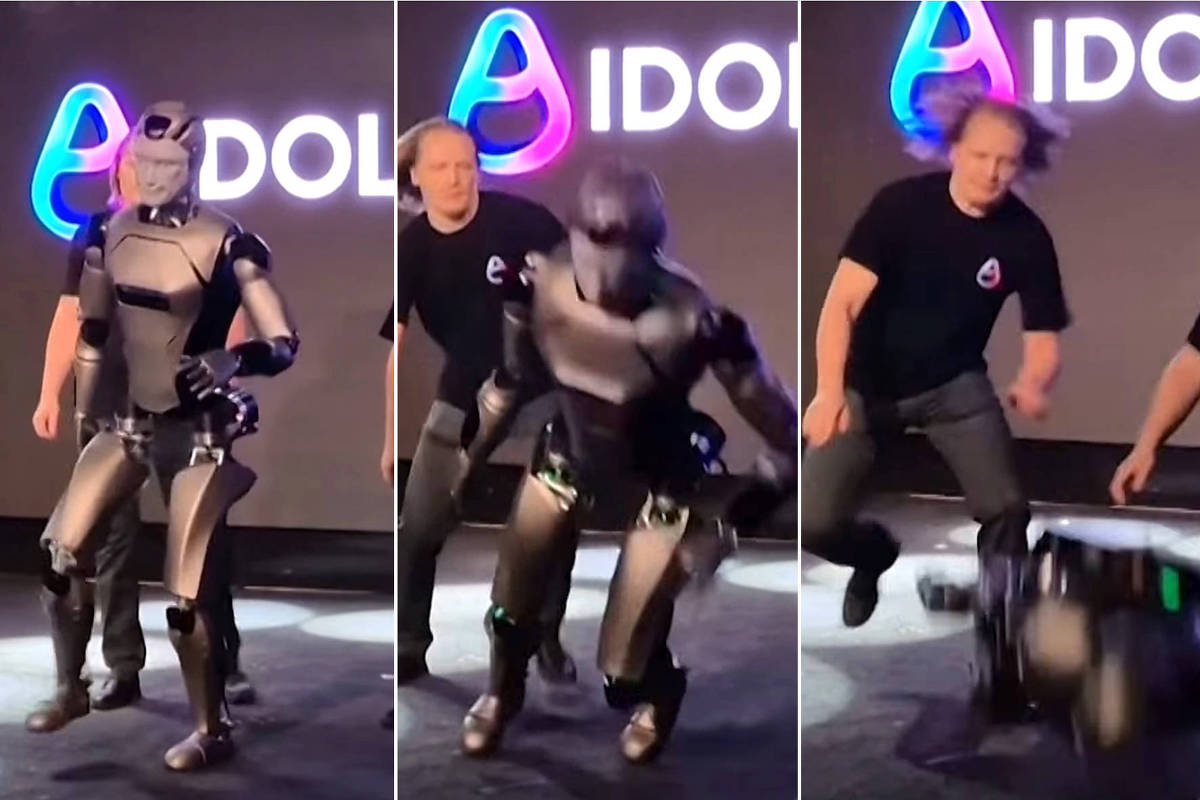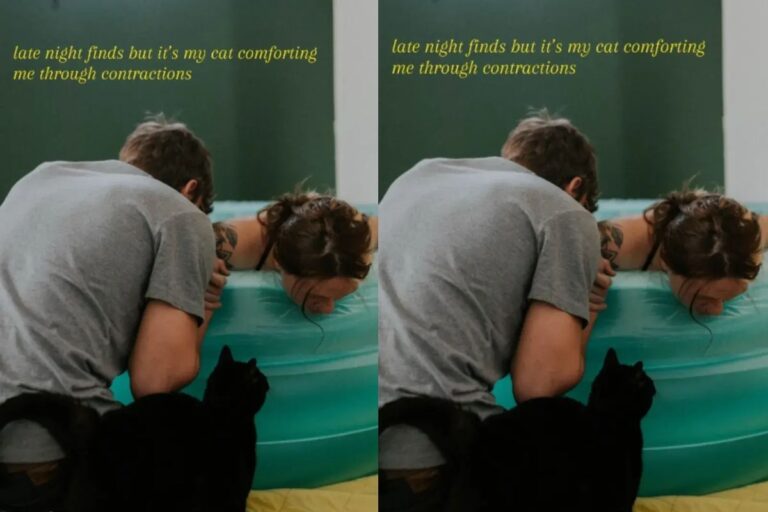
The long-awaited debut of a humanoid robot quickly fell through when it tripped on stage during a performance in Moscow on Tuesday (11th).
To the tune of the theme song from the movie “Rocky,” the robot waddled onto the stage with the pair in front of a room full of journalists eager to get a glimpse of what the developers are calling “Russia’s first anthropomorphic robot with artificial intelligence.”
But in a scene reminiscent of the end of a disastrous night at a bar, the robot stumbles as it tries to shake its right hand and falls face first onto the floor.
The two men accompanying the robot quickly dragged it off the stage, while other staff members tried to draw a black curtain across the stage to cover up the mistake.
The robot, known as AIDOL, was developed by a Russian company with the same name and was registered in August this year. According to local news agencies, AIDOL executive director Vladimir Vitukhin said autonomous robots can perform three important tasks: locomotion, object manipulation and communication.
According to AIDOL’s website, the walking robot weighs 95 kg and is 1.86 meters tall. According to the website, it can convey more than 12 basic emotions, carry up to 10 kg of cargo, and travel at speeds of up to 6 km/h. The developers claim that 73% of the robot is localized and built with mainly Russian components.
According to the Moscow Times, Bitukhin commented that the robot was tested in various conditions before its debut, saying: “On rocks, on carpets, laminate, expanded clay and slippery floors.”
He said Tuesday’s outage was likely the result of voltage fluctuations and other environmental factors, including lighting. “Certainly everyone felt sorry for him. Part of his role is to evoke sympathy,” he commented.
AIDOL is the flagship project of the Russian Union of New Technologies, a consortium of robotics companies and technical universities working to develop anthropomorphic robots.
Alexei Yuzhakov, leader of the coalition and founder of the robotics company Promobot, told business newspaper Vedomosti that he hopes to attract up to US$50 million (R263.92 million) in investments from Russian and foreign private investors and funds for future development.
He told Russia’s state news agency TASS that autonomous robots learn from “the consequences of their actions” and “continue to improve.”
Once considered a sci-fi fantasy akin to flying cars, humanoid robots are now a reality thanks to significant investment from major technology companies.
Elon Musk’s Tesla is developing its own humanoid robot called Optimus, which it says will be its “biggest product ever,” while Meta and Google are working to integrate their AI technology and research with humanoid robots, as The Washington Post previously reported.
According to analysts at Morgan Stanley, there will be 78 million humanoid robots in operation in the United States by 2050.



